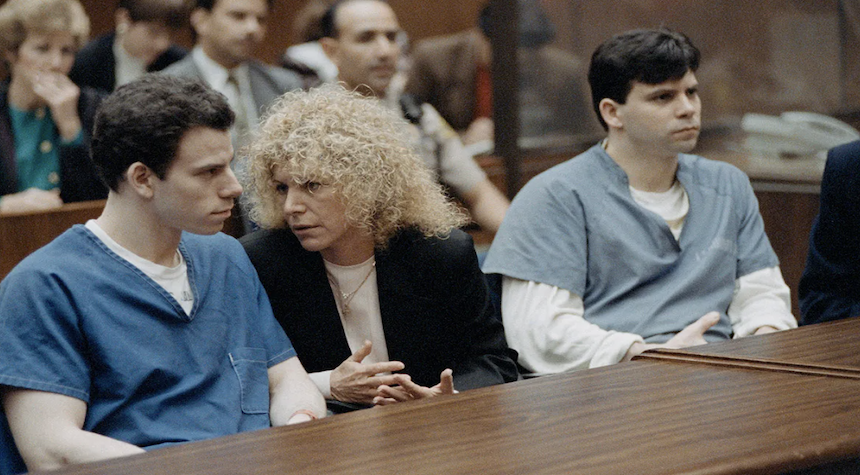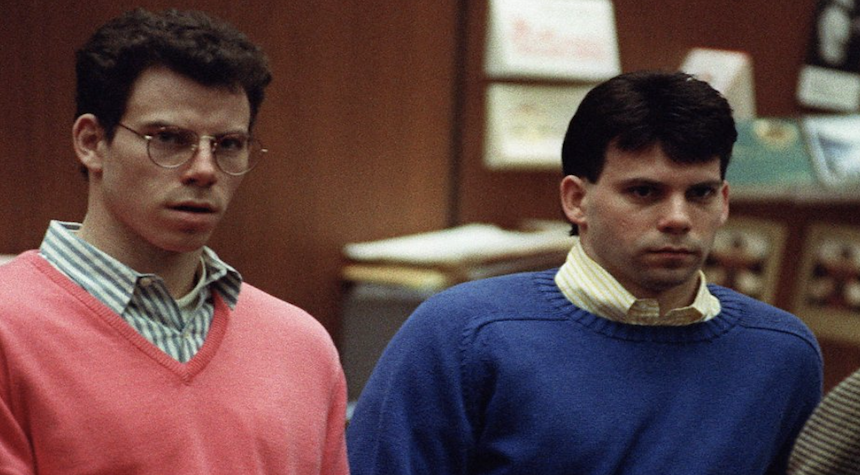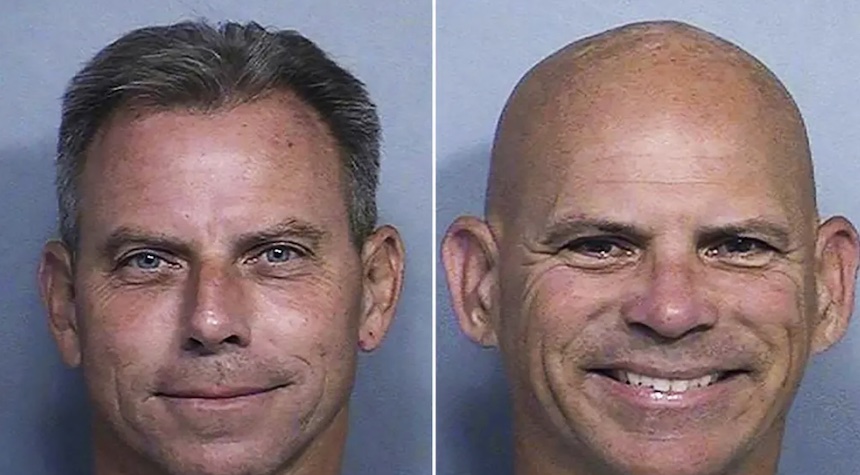Erik and Lyle Menendez, convicted nearly three decades ago for the murder of their parents, are now facing parole hearings that could potentially lead to their release from prison.
In 1989, the Menendez brothers, then 18 and 21 years old, fatally shot their parents, Jose and Kitty Menendez, in their Beverly Hills home. The brothers were sentenced to life in prison in 1996, after a trial that captured national attention. Their defense claimed self-defense following years of alleged abuse, while prosecutors argued the motive was inheritance.
A recent court decision has reduced their sentences from life without parole to 50 years to life, making them eligible for parole consideration. Erik Menendez’s hearing is scheduled for Thursday, with Lyle Menendez following on Friday. The hearings will be conducted via videoconference from their San Diego correctional facility.

The significance becomes clear when we consider the parole board’s task. According to the California Department of Corrections and Rehabilitation, the board must assess whether the brothers pose an “unreasonable risk of danger to society.” This evaluation will consider their criminal history, behavior in prison, and plans for the future.
Even if parole is granted, the process is far from over. The decision would face a 120-day review period, followed by a 30-day window for Governor Gavin Newsom to affirm or deny the parole. Governor Newsom has previously stated that he has both approved and rejected parole board decisions, emphasizing his role as the “ultimate arbiter” in such cases.
This development follows earlier reports of renewed public interest in the case. Recent documentaries and dramatizations have brought the Menendez brothers back into the spotlight, with some arguing for their release based on a reevaluation of their claims of abuse.

The evidence suggests a complex legal and social landscape surrounding this case. While supporters call for the brothers’ release, citing their rehabilitation and the context of their crimes, others maintain that the severity of their actions warrants continued incarceration.
As the parole hearings approach, this case raises important questions about justice, rehabilitation, and the long-term consequences of violent crime.

